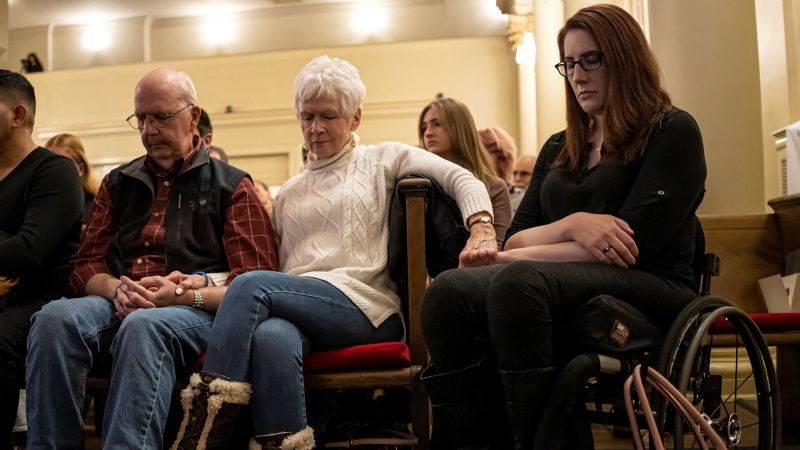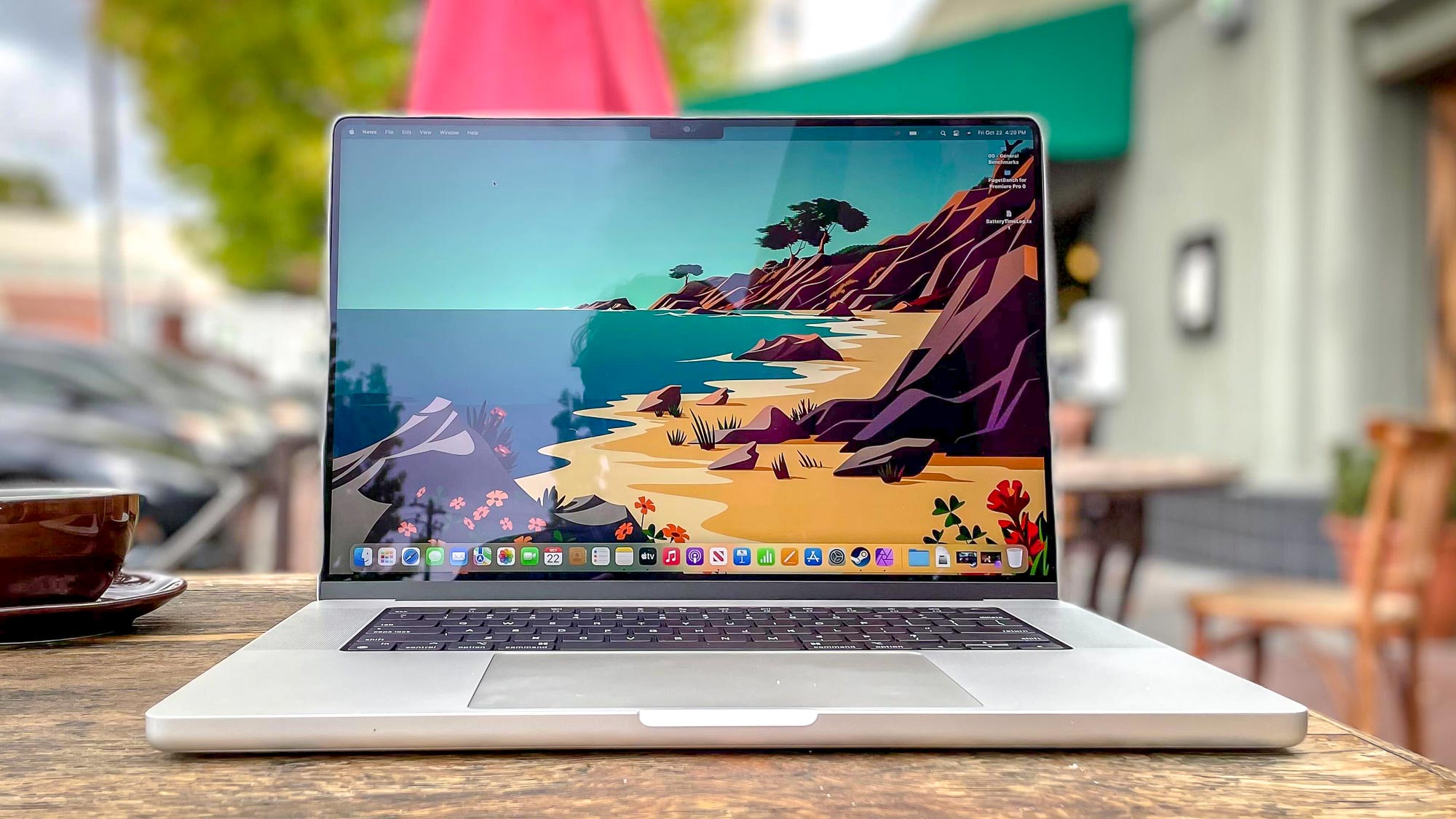A few years ago, the idea of machines that could think felt like fiction. Today, it’s the new normal. From voice assistants to self-parking cars, this revolution is already changing how people’s lives, work, and connections.
But where is it heading? And more importantly, is humanity heading in the same direction? This future isn't about robots running the world. It's about human choice, deciding how far to go and how efficiently humans adapt. Many worry about jobs disappearing.

But truth be told, what’s really happening is a shift. Machines are taking over repetitive tasks. They don’t get bored.
They don’t sleep . But they also don’t imagine, empathize, or question the status quo. That’s where humans come in.
Tasks once buried under spreadsheets now allow time to design better systems. Teachers can personalize learning for every child. Doctors gain tools to detect illness early and act faster.
Human roles aren't fading; they’re shifting toward deeper creativity, empathy, and thoughtfulness. What happens when it's possible to talk to a digital voice that sounds just like a best friend? What if that system remembers everything, but never judges? Sounds comforting. Maybe even helpful.
But also a little unsettling. The real concern isn’t whether tech will outsmart humanity. It’s whether core values, real connection, shared experiences, trust, and truth, might be lost along the way.
Writers use digital tools to beat writer’s block. Artists blend technology with creativity. Musicians compose tracks using data.
This isn’t the end of originality. It’s the beginning of something new, where technology supports the creative process rather than replacing it. But there’s a line.
If machines can generate content, who owns the idea? And does that idea still carry meaning? These aren’t future problems. These are the present ones. And they need thoughtful human engagement.
Let’s be real. A machine only knows what it’s taught. And if taught with flawed, biased, or incomplete information, the result is systems that reinforce those same problems.
In hiring, lending, or law enforcement , getting it wrong has real consequences. Beyond smart engineers, ethical guidance is essential. Diverse voices, real-world testing, and critical questions like “Is this the right thing to build?” are vital.
Public understanding also plays a key role. Technology should never feel like a mystery to those who rely on it. The more people understand, the more influence they have over its direction.
The true opportunity lies in collaboration. Machines are fast. Humans are intuitive.
Machines spot patterns. Humans give meaning to purpose. When both work together, it becomes possible to build cities that adapt to climate shifts, healthcare systems that predict disease, or farming tools that support sustainability.
This is not a competition between technology and humanity . It’s a partnership, and defining the terms matters. No one has all the answers.
But one thing is clear: this is the edge of something transformative. The kind of shift that impacts lives and demands responsibility, awareness, and courage. Fear is easy.
Ignoring change is easier. But the future doesn’t pause. If the goal is to shape technology that reflects the best of human nature , then meaningful participation is essential.
The hard questions need to be asked. The decisions must be made consciously, not just by users, but by active contributors.This isn’t about what technology will become.
It’s about what humanity becomes with it and that should be something to be proud of..















